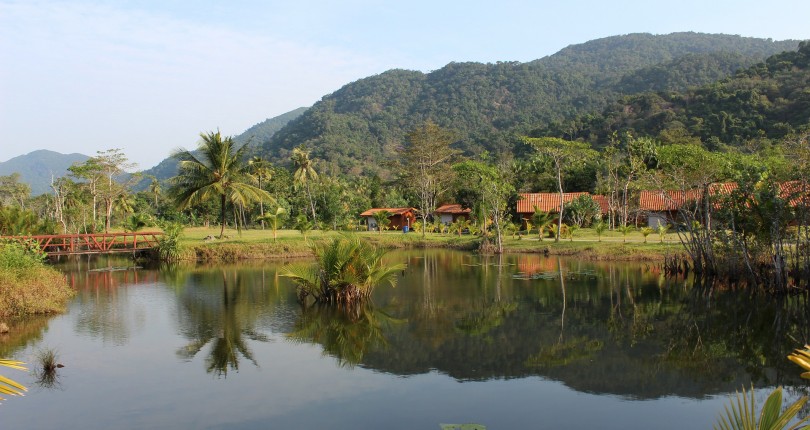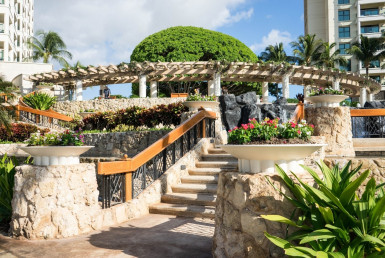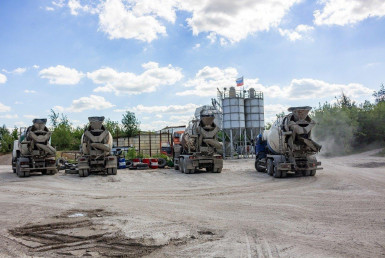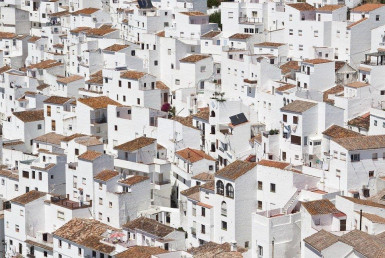Papua New Guinea: Land reforms verses customary owned land

Land in Papua New Guinea has skyrocketed to higher prices than their equivalent value in Manhattan. The remaining 3 percent of the area is unaffordable to many with the rest 97 percent land being held under customary ownership.
Papua’s land laws placed most of the land under customary titles just after attaining independence in 1975. There have been increased tensions among the aggrieved in land reforms campaign and violence related to land disputes. The government, extractive sector, and private developers continue pushing for land reforms. These campaigns advocate for the release of land from conventional ownership system. However, most of such property is leased for up to 99 years whereby they are mostly used for mining purposes. Push-back campaigns by the PNG communities have risen against the revocation of their customary land titles.
Land reforms supporters say that a change in property law system will boost growth, attract more investors, facilitate business projects and lead to affordable housing. Currently, it is incredibly complicated for one to buy land under customary ownership. Such property can only be exchanged after a collective agreement of all clan members of the particular land. After this, the buyer must undergo lengthy and complex procedures of registering the land whereby an excluded member of the clan can retract the sale.
Non- customary land is exorbitantly high with house property going for approximately $510, 000. An average apartment in Port Moresby is charged at $1,300 weekly. As a result, the number of homeless people in the city center continues to rise. This is because a huge percentage of the people are unable to afford as they earn $45 minimum wage weekly. Slum settlements on the city outskirts have also continued to boom.
The government under Prime Minister O’ Neil administration has prioritized the land sector. In 2012, significant changes were made to the Land Registration Act 1981 and the Land Groups Incorporation Act 1974. As a result, National Land Development Program (NDLP) was created bringing legislative reforms to facilitate commercial use and registration of customary land. More than 5 million hectares of land has been leased under Special Agricultural and Business Leases (SABLS) in the new government. However, reports indicate that irregularities and corruption mar lands issued under SABLS system. Even as some applaud the NDLP reforms, there has been resentment for their slow pace in dealing with land and property issues.
Customary land titles remain the primary source of livelihood for the rural population in PNG which is more than 85 percent. Many indigenous landowners say that eroding customary titles is an excuse for investors to exploit their land for cash crops, forestry, and mining. Proponents have maintained that land reforms are crucial in boosting economic growth in PNG. Violence cropping from land disputes has been witnessed in many provinces. The government is faced with a serious challenge in the land sector which could either break or mediate the country.





Join The Discussion